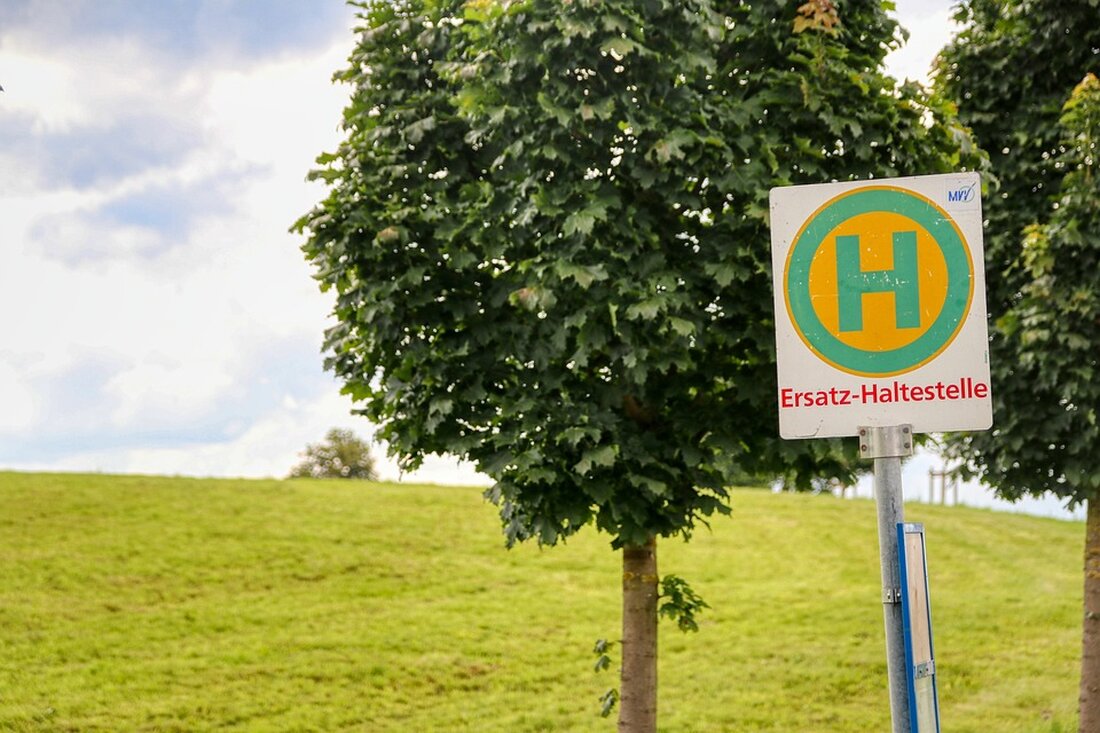Public transport: Three euros of benefit for every euro invested – study reveals!
Study shows how public transport, as an economic provider, relieves the burden on cities, reduces CO2 emissions and promotes value creation.

Public transport: Three euros of benefit for every euro invested – study reveals!
A current study on the value creation of local public transport (public transport), published by MCube Consulting, shows that public transport makes a significant economic contribution. Scientists from the Munich Cluster for the Future of Mobility in Metropolitan Regions, MCube, as well as professors from the Technical University of Munich were involved in the study. This analysis looks at both the direct and indirect value creation generated within the public transport industry.
The results illustrate the role of public transport not only as a mobility service provider, but also as an important driver of value creation for other industries. In particular, attention is drawn to how public transport contributes to reducing CO2 emissions, land use and noise. Every year, public transport generates gross added value of around 75 billion euros, which is three times the annual operating costs.
Economic impact of public transport
The operating costs of public transport in Germany amount to around 25 billion euros, while the avoided follow-up costs of motorized private transport amount to around 9.07 billion euros annually. These follow-up costs arise from the savings realized by using public transport instead of cars. A shift towards motorized individual transport would cause additional annual costs of around nine billion euros, according to the study by Train stop shows.
Jan Schilling, CEO of DB Regio, emphasizes that every euro invested in public transport brings a benefit of three euros to the German economy. This finding strengthens the argument that public transport acts as an economic provider not only financially, but also in terms of social justice and sustainable development.
Impact on various industries
Public transport also has a significant impact on retail and tourism, particularly in urban areas and holiday regions. By improving accessibility to jobs, public transport supports companies in finding employees, which in turn strengthens the region's economic strength. Oliver May-Beckmann, Managing Director of MCube, emphasizes the positive return on investment of public transport, which not only affects the transport sector, but also strongly supports related economic sectors such as vehicle manufacturers and cleaning services.
The results of the study are intended to serve as a basis for political decisions and strategic investments in order to further expand public transport and utilize its social and economic potential. The study was commissioned by the Future local transport carried out and is an important step towards strengthening public mobility in Germany.

 Suche
Suche
 Mein Konto
Mein Konto